Ağırdır: Another election in the offing
Bekir Ağırdır has said that if politicians continue with their discourse and policies over the election process this will lead to disaster.
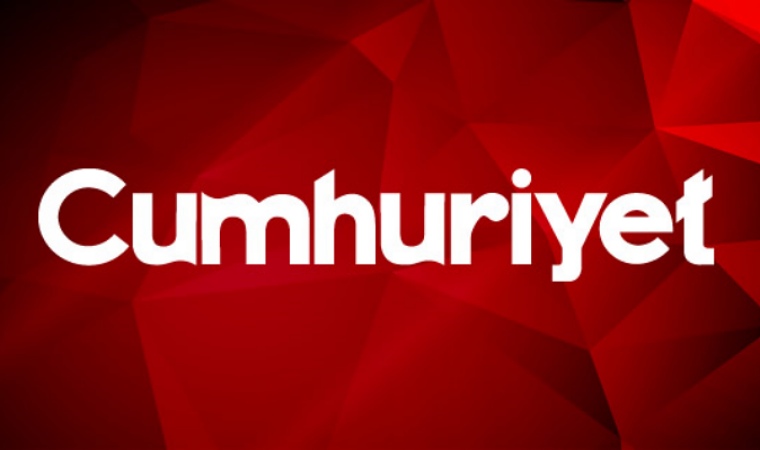
KONDA CEO Bekir Ağırdır says that there were four victors in the 24 June elections. Ağırdır said, “One of them is Erdoğan, one the HDP, one Muharrem İnce and one the MHP.” Ağırdır has commented that if accord cannot be reached, these elections will have been a dress rehearsal. We will go to the polls again in two years. Ağırdır assessed for Cumhuriyet the share of the vote that the leaders and parties obtained in the 24 June elections.
-What is your take on the decline in the AKP’s vote?
The AKP saw a decline in its vote equivalent to a regression from 1 November to 7 June. The AKP electorate amounts to roughly 50% and two-thirds of that body of voters that constitutes the country’s tomorrow is the AKP’s core. And the two-thirds act on the basis of their own needs and demands rather than identity. It looks at economic happiness. It looks at stability. When asked, “Chaos or order?” it votes for order. It is thus evident that the government prioritising purely political issues for the past four years and constantly making mistakes over economic issues has caused decline among those voters.
Bahçeli’s messages
- Erdoğan got a vote of 52%. We see the MHP taking on the role of key party in this election. Was the MHP expected to get a vote of 11%.
Of course it wasn’t expected to get a vote of this size. It was expected to get a vote in the 7-9% range. In fact, Mr Bahçeli, in saying, “We have assumed the task of being key party,” gave a message to his own masses. In saying, “We have assumed the task of balancing and overseeing,” he gave a message to the AKP and Erdoğan. Among the roughly nineteen million young voters aged under 32, the AKP and CHP obtain a vote that is smaller relative to their average vote in Turkey. The MHP and HDP, conversely, get a higher vote. Nevertheless, 11% was not expected. Such a large swing from the AKP was not expected. So, if there were four victors of yesterday evening, one of them is Erdoğan, one the HDP, one Muharrem İnce and one the MHP.
-How are we to assess İnce and the CHP’s vote?
Following this electoral performance, there is actually a need for the CHP, and in fact all parties, to tear the country away from being consumed with lumping together and polarisation. There is a need for renewed social peace and for a making of peace by society with itself and society with the state. Political parties must break away from being trapped in identities. As to the CHP, it has a concrete area of opportunity because Muharrem İnce, by taking close to 31% of the vote, may be capable of exceeding the CHP’s traditional vote and he showed that he could at least push his own potential to its maximum bounds. He succeeded in this with his oratory, his language and his speeches. If this can now be given institutional form, the CHP will have notched up a step forward, but this is not enough. To succeed, the CHP really needs to move beyond having all its institutions, rules and, most importantly, mindset trapped in just one identity, one popular identity. Will it succeed in this with Muharrem İnce? I do not know this, but it is clear that with Muharrem İnce at least its own base can gain in self-confidence. As a minimum, this can be expected to be assume institutional form. Time will tell if they will succeed over and above this.
-What awaits Turkey?
We need to see. It is too early to say anything. I have not yet seen anyone speaking of solutions to the existing problems in this election process. I mean, I have yet to hear from any candidate a project that will surmount the polarisation of identities and create a new feeling of being “us”. So, if they continue with their discourse and policies over the election process, dark days await. But, if there is a hope of change, if they can at least create the prospect of accord in the AKP and CHP, there is hope. Otherwise, these elections will have been a dress rehearsal. We will go to the polls again in two years. The problems existing in Turkey cannot be solved with the logic of policies that are trapped in their own identities.
“The Kurds stood behind their own party”
-How should the Kurds’ votes be interpreted?
Fist of all, the Kurds stood behind their own party. The HDP’s vote fell to 10.8% in the 1 November elections. Our finding is that ten out of fifteen Kurdish voters in Turkey are behind their own party. That intervening two per cent difference is the vote coming from Turkish democrats. There were thus no people out in the great wide expanses, the stuff of legend, who said they would vote for them so that they would cross the threshold. This applied to the 1 November elections and it does so now. The Kurds’ stance with so many MPs and the presidential candidate in detention in the wake of the disgrace of the trench wars that took place after 1 November, in the wake of the nonsense the PKK engaged in and in the wake of all the security policies the government implemented, Turkey must once more debate the existence of the country’s Kurdish issue, call it what you will, say it exists or not, call it this or call it that. Kurdish citizens have a series of needs and demands. The thing that must be grasped is that ethnic identity is an important factor in the country, whether you look at it politically or you look at it in terms of the social, cultural and political fabric. A group of citizens feels itself to be wronged due to its own ethnic identity. Regardless of whether we say it exists or not, they once more showed with their votes without pouring out onto the streets over this entire process – they calmly stayed at home but they came and voted - that they were seeking their preferred positions, choices and fate from this country with their votes.
-So, what about the increase in the AKP’s vote in the region?
Yes, of course the AKP had an increase to a degree. It is impossible to presume that none of these events affected absolutely nothing. There are various sides to them that exert influence. There may have been some resentful, lost votes due to the PKK’s nonsense or there could have been a return to Erdoğan due to polarisation. Secondly, in places where there are curators, it is possible to speak of the influence of the services that curators furnished or of a distancing over certain public and local service affairs that HDP politicians neglected. On the other hand, the government does not address itself to the HDP but, nevertheless, establishes relations with tribal and local civil society institutions and gives them both material and non-material support. Mention could be made of the influence they bring to bear. But, what stands out above all yet again is the Kurds still standing behind the HDP.

En Çok Okunan Haberler
-
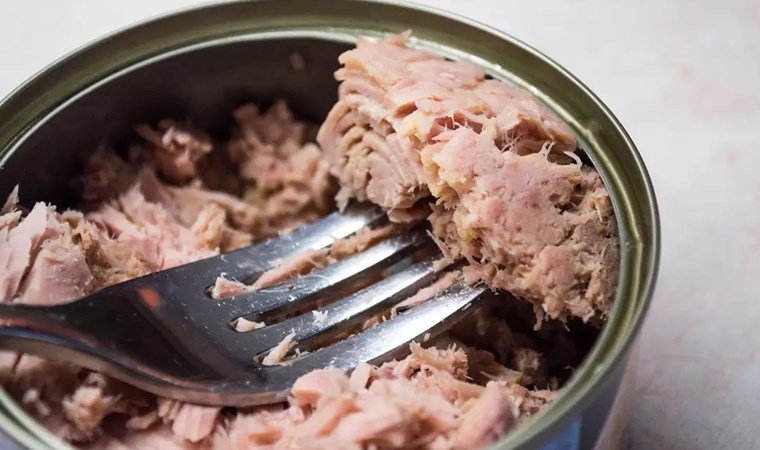 Ünlü ton balığı markalarında 'yasaklı' madde!
Ünlü ton balığı markalarında 'yasaklı' madde!
-
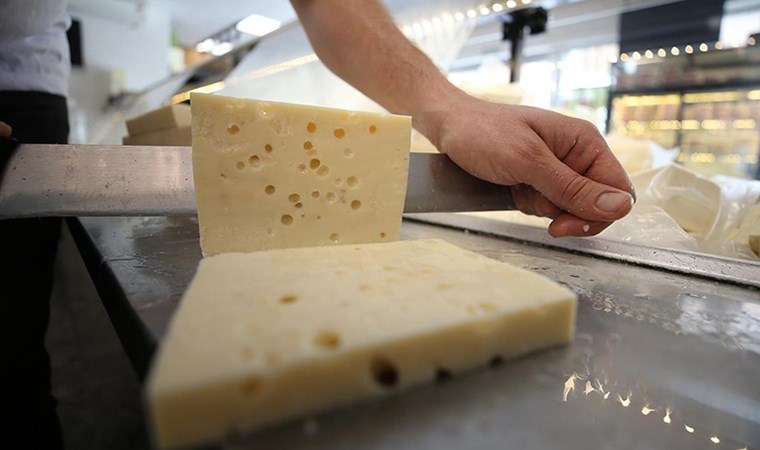 Ünlü peynir markasından 'konkordato' kararı
Ünlü peynir markasından 'konkordato' kararı
-
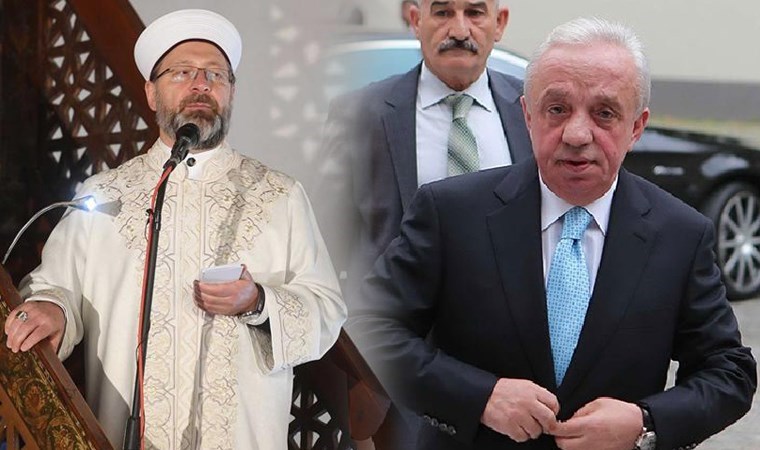 Diyanet'in rekor ihalesi 'Cengiz'e verildi
Diyanet'in rekor ihalesi 'Cengiz'e verildi
-
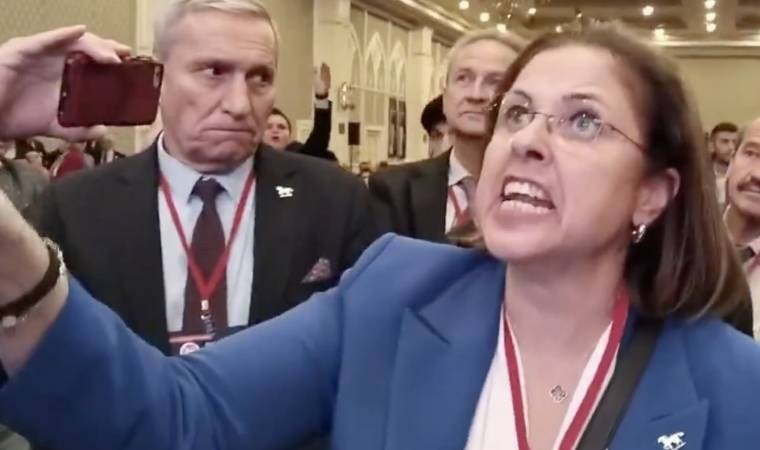 Demokrat Parti Kurultayı’nda adaylık krizi!
Demokrat Parti Kurultayı’nda adaylık krizi!
-
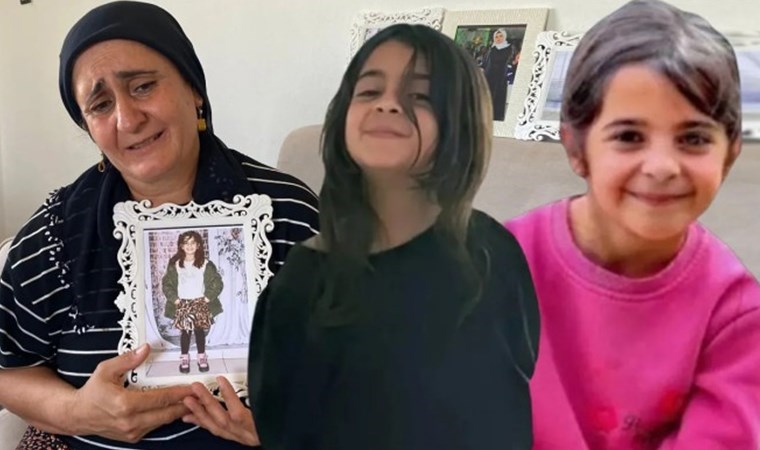 Narin cinayetinde 'demir kapı' ayrıntısı
Narin cinayetinde 'demir kapı' ayrıntısı
-
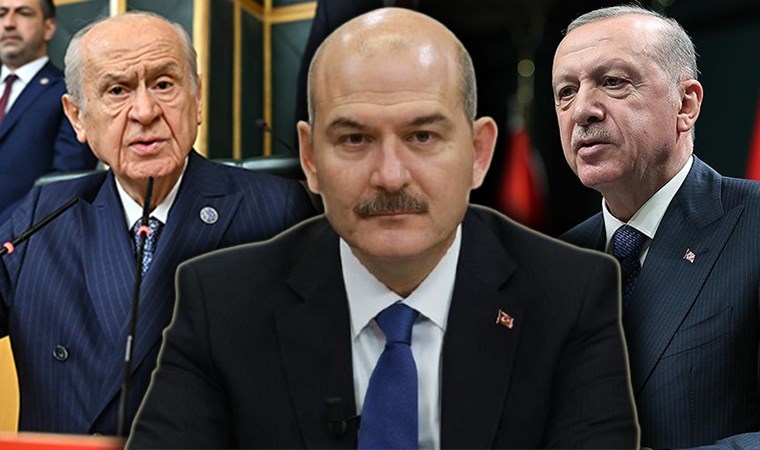 Süleyman Soylu 'tarafını' seçti
Süleyman Soylu 'tarafını' seçti
-
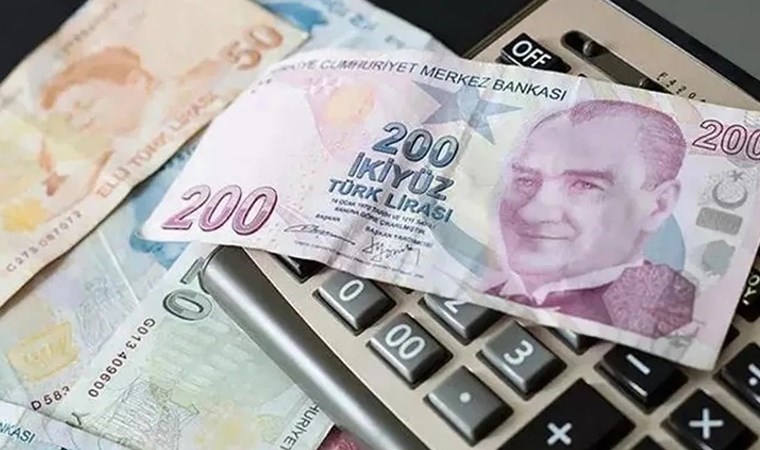 AKP'nin 'asgari ücret' formülünü duyurdu
AKP'nin 'asgari ücret' formülünü duyurdu
-
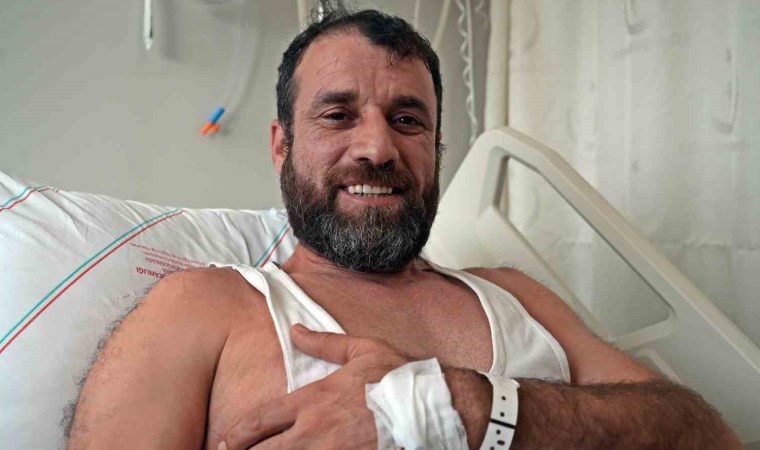 Grip nedeniyle hastaneye gitti, hayatının şokunu yaşadı
Grip nedeniyle hastaneye gitti, hayatının şokunu yaşadı
-
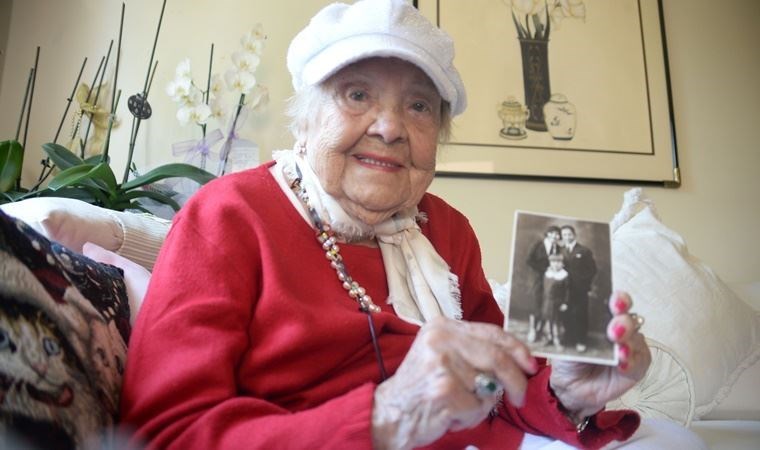 Muazzez İlmiye Çığ hayatını kaybetti
Muazzez İlmiye Çığ hayatını kaybetti
-
 Dünya’nın bütün çöplerini neden Güneş’e fırlatmıyoruz?
Dünya’nın bütün çöplerini neden Güneş’e fırlatmıyoruz?